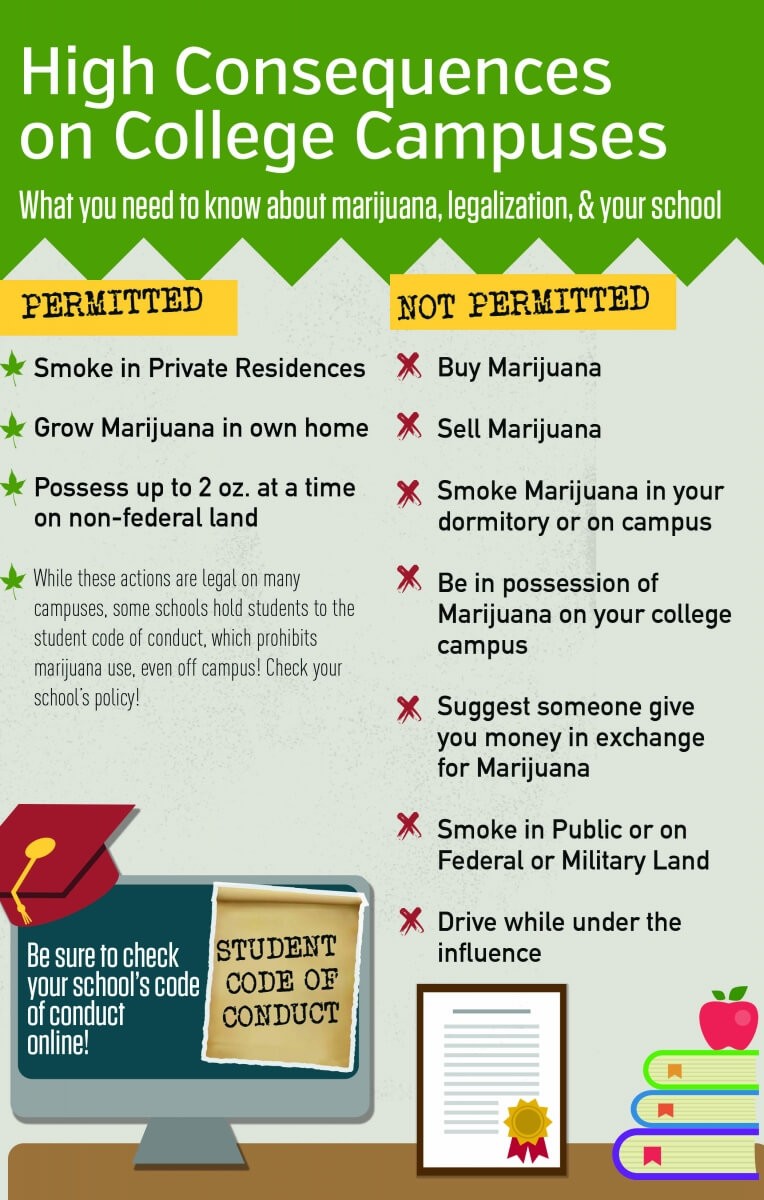The United States and Marijuana have always had a unique relationship. From George Washington growing what he referred to as “hemp,” to current President Barack Obama admitting to having smoked before, it seems that perhaps the drug has been around longer, and more widely used by the leaders of the US than one may expect.
Knowing this may make marijuana’s decriminalization in DC less shocking. DC is not alone in its view that marijuana is no longer worthy of harsh punishments or jail time. Nearly half of states (Alaska, Arizona, California, Colorado, Connecticut, DC, Delaware, Hawaii, Illinois, Maine, Maryland, Massachusetts, Michigan, Minnesota, Montana, Nevada, New Hampshire, New Jersey, New Mexico, New York, Oregon, Rhode Island, Vermont, Washington) and D.C. have decriminalized marijuana with ranging possession limits and penalties. Most limit the plant to be used for medicinal purpose, with Alaska, Colorado, Oregon and Washington the only true states OK with recreational purposes as well.
So, it’s Saturday night and time to take a break from studying. If you prefer smoking to drinking, are you in the clear?
Not if you are on a college campus.
While state laws may pertain to private property, on college campuses the school’s student code of conduct overrules, and most are not eager to accept the drug.
Boston College’s student code of conduct states that “society currently has a complex and rapidly shifting relationship with Marijuana, and perspectives around the dangers and potential medical uses for marijuana are evolving. While Boston College prohibits the possession and use of marijuana, the University’s response is reflective of the particularly complex and changing societal view of marijuana.”
Even in Colorado, a state with a very liberal reputation towards marijuana, Colorado College does not allow marijuana use. On its “Frequently Asked Questions,” page, Colorado College reports their mission is dedicated to providing the finest liberal arts education in the country,” and they believe, “marijuana use conflicts with this mission.”
Colorado College also recognizes perhaps one of the largest factors in keeping drugs off campuses– federal funding. The Drug-Free Schools and Communities act dictates that institutes of higher education “must develop and implement a program to prevent the unlawful possession, use, or distribution of illicit drugs and alcohol by students and employees.” In short, the federal government funds many colleges and universities, and has guidelines these institutions must follow in order to continue receiving money. Since marijuana is still against federal law, the government still mandates receiving schools prohibit the drug. Colorado college summarizes the gray area between state law and federally mandated university law perfectly, “Just because something is legal under Colorado law, that does not mean Colorado College must permit the conduct within its community or on its campus.” Dr. Erin Foley, the Dean of Students at the Oregon Institute of technology, says the distinction is “straightforward,” that “the bottom line is for the federal government marijuana is still illegal, so that trumps state law because we get federal funding…The bigger piece for us is to make sure students are aware of that.”
CC even makes a point to inform students that in off campus housing, marijuana is still prohibited, because as a student of the college, you are always responsible for following the student code of conduct. However, at The George Washington University, the “off-campus citizens” section of the student code of conduct distinguishes between students on and off campus obligations as separate, “students shall not be considered under the control of the University, nor shall the University or its student governments be held with responsible for the off-campus activities or personal conduct of its individual students.”
Be sure to check your school’s code of conduct so you know the exact specifications. Do not assume that just because the state you are in his legal, your school will see your marijuana use the same way. After all, being caught with marijuana is not a high honor.





